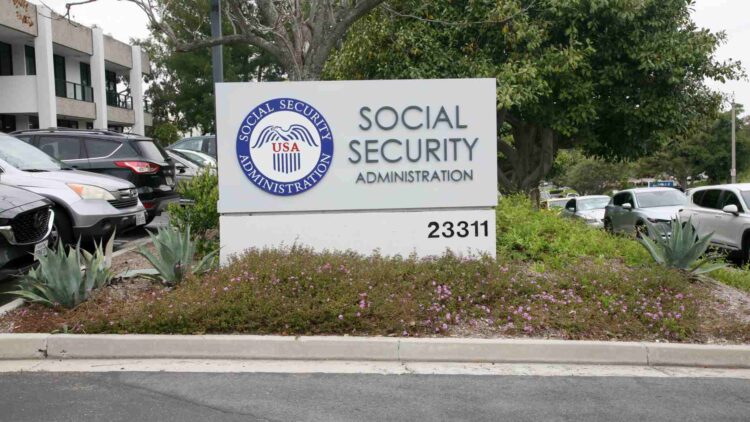Shocking News for Immigrants: Social Security Checks Could Face Massive Cuts in 2025 – Are You at Risk?
The Social Security Fairness Act, which successfully passed through the House of Representatives, has sparked hope for millions of retirees. However, progress in the Senate has been slower than anticipated, leaving many Americans concerned about spending another year with pensions unfairly reduced by outdated provisions.

Understanding the Social Security Fairness Act
The Act seeks to repeal two key provisions: the Windfall Elimination Provision (WEP) and the Government Pension Offset (GPO). WEP adjusts Social Security benefits for individuals receiving “non-covered pensions”—pensions from employers that do not withhold Social Security taxes, such as state governments or foreign employers. Similarly, the GPO reduces spousal or survivor benefits for those with non-covered pensions. These provisions were initially introduced to prevent individuals from receiving disproportionately high Social Security benefits alongside pensions. However, this framework was designed during an era when pensions were robust enough to support retirees. Today, many pensioned workers, including teachers, firefighters, and police officers, often take on second jobs to make ends meet, only to find their Social Security benefits slashed unfairly.
The Impact on Immigrants and Workers Abroad
The WEP and GPO provisions also affect Americans who have worked abroad or foreign workers in the U.S. contributing to Social Security. For these individuals, receiving foreign pensions can lead to a substantial reduction in their Social Security benefits. In many cases, these foreign pensions do not provide sufficient financial support, leaving retirees struggling to maintain a stable quality of life.
The rules disproportionately impact individuals who fall short of the 30 years of substantial earnings required for maximum Social Security benefits. Immigrants, in particular, often see their payments cut by up to 50%, compounding the challenges they face when trying to retire with dignity.
However, bilateral agreements between the U.S. and certain countries allow workers to combine periods of employment from both nations. These agreements can help individuals meet the minimum requirements for Social Security benefits, but the system remains complex and often leaves retirees navigating a maze of regulations to access what they are rightfully owed.
Why Repeal Matters
Repealing the WEP and GPO would provide immediate relief to those unfairly impacted by these provisions. Advocates argue that affected individuals are not asking for extra benefits but rather for the return of their rightful contributions to the Social Security system. For many retirees, especially those whose benefits are significantly reduced, this repeal could mean the difference between financial stability and hardship.
To maximize their benefits, retirees are advised to consult experts or directly approach the Social Security Administration. Additionally, migrants should verify whether their home countries have agreements with the U.S., as these arrangements could mitigate benefit losses and ensure a more secure retirement.

As the Senate deliberates on the Social Security Fairness Act, millions of Americans continue to hope for a fair resolution. The repeal of these provisions would mark a significant step toward equity, recognizing the contributions of all workers and honoring the promise of Social Security.


Comments are closed, but trackbacks and pingbacks are open.